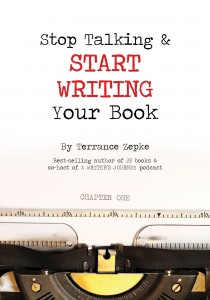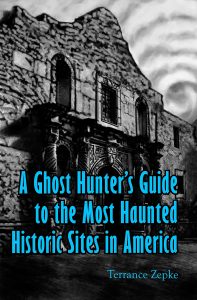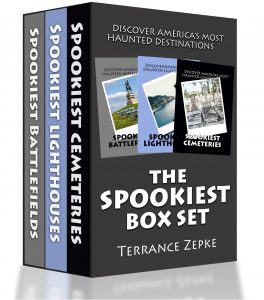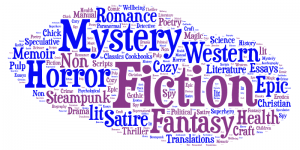Am I a writer? This isn’t a philosophical question. This is a “get real” question. Just because you have an idea for a book doesn’t mean you are a writer. It doesn’t mean you aren’t one either. What it means is you need to learn how to be a writer–a good writer, that is.
First of all, write your story. Get it all down on paper or computer. Beginning, middle, and end. Then you need to join a writer’s group and attend writing workshops. Learn how to best craft your story. Is your story pacing/timing good? Should you tell it in first or third person? Do you need more backstory? Is your language and dialect appropriate for your characters and the time and place your story takes place. Are your characters relatable?
There is a big difference between telling a story and telling a really good story. You will need to learn how to become a better writer and keep improving your story. Practice makes perfect!
Secondly, once your story is polished and as ready as it will ever be (this includes professional editing), you need to attend writing conferences to network. Ask other writers you know about agents and publishers that specialize in your genre. Research how to write an effective query letter. Write the letter and submit your query letter to anyone and everyone who may be able to help you get your book published.
If you can’t afford to attend writing workshops or conferences, use the internet and your local library. Check out library books about writing and publishing. Subscribe to a writing magazine, such as Writer’s Digest, The Writer, and Writers & Poets. Your library may stock back issues of one of these publications. Use the internet to find resources, such as a current list of agents and publishers. YouTube has tutorials on everything and there are hundreds of good writing podcasts and blogs! There is even software that helps you create and organize your story and can even provide grammer and punctuation help, such as NovelPad, Scrivener, and Grammerly.
Lastly, know when to let go. If you keep reworking your story and you keep hearing negative feedback, it is time to let go of that idea and come up with something else. Maybe even pursue a different genre. If you don’t know what a genre is or how many genres are currently out there, you need to start there! Many writers end up shelving their first manuscripts, realizing they can create better characters and story lines. Yes, it is hard to let go, especially if you have put a year or more of your life into the book, but…you want to put your best foot forward and if your first try doesn’t accomplish that, then try, try again.
The purpose of this blog is to make sure you don’t get so excited about your story that you go off half-cocked, meaning not putting the best book out there that you can. We are living in an era where many self-published writers have hastily thrown their stories out there and polluted the virtual shelves of booksellers, such as Amazon, with their mediocre or just plain bad books. Don’t make that mistake. Don’t attach your name to a bad book. Take your time. Do your homework. Write a great book! Enjoy great success! Anyone can get published these days, but only a small percentage are successful!









